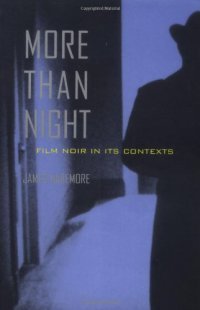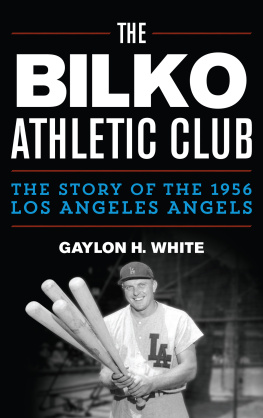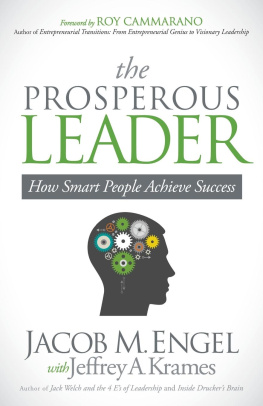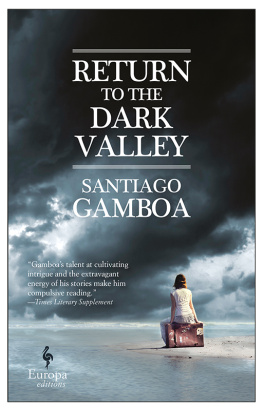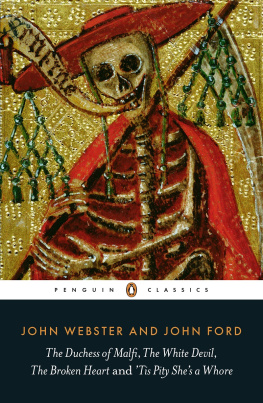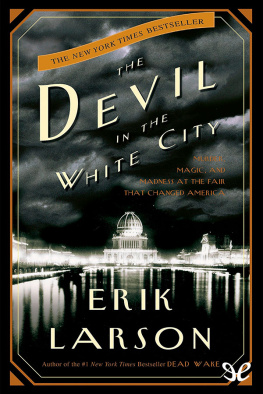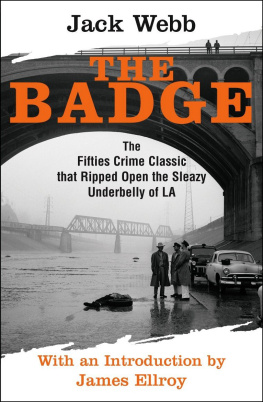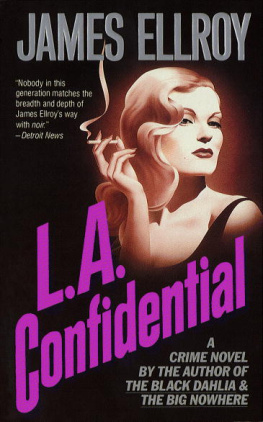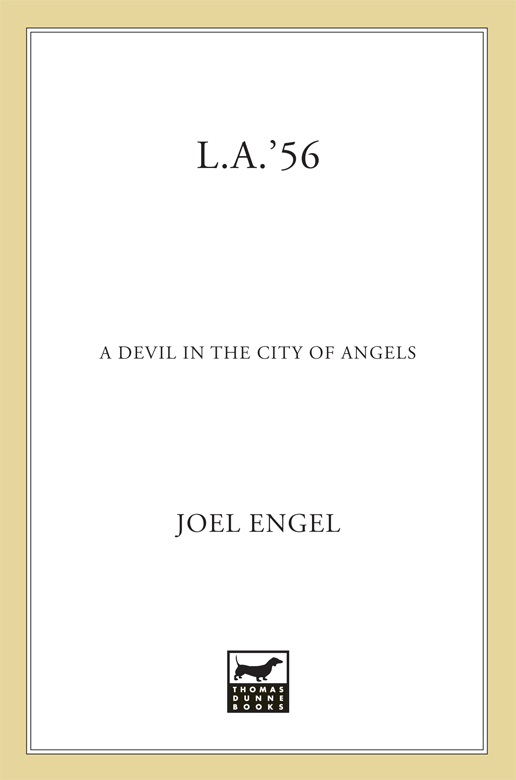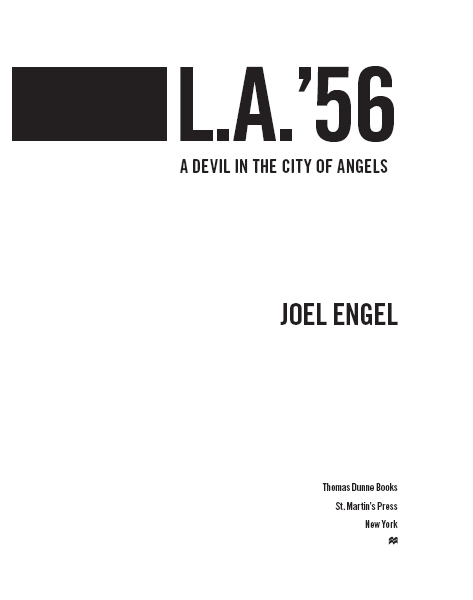
To my wife, Fran, who has endured the relentless click-clacking of a keyboard lo these many years without ever telling me to get a real job
ACKNOWLEDGMENTS
Special thanks to Joseph P. Bonino, former commanding officer of the LAPDs records and identification division.
I also want to recognize Glynn Martin, executive director of the Los Angeles Police Historical Society, and in fact the whole organization.
Deep gratitude for the woman at the Los Angeles County Archives, who managed to come through for me each and every time no one else could.
Tips of the hat to the librarians at the California State Archives and UCLAs University Research Library.
Sincere appreciation to the present and former residents of South Los Angeles, who shared memories and showed me around town. Same with the cops and private investigators, who offered insights and direction.
A martini or two to master storyteller Harold Livingston for reminding me what to leave out.
Deepest thanks to Teri Denise and Toni, the daughters of Todd Roark, for being so kind under difficult circumstances.
Speaking directly to Tom Dunne: Thank you, sir, for recognizing a great story and standing behind it, and for running the best little imprint this side of anywhere, the aptly eponymous Thomas Dunne Books.
To my editor, Brendan Deneen, Im grateful for your smarts, your taste, your dedication, and your deft touch. Oh, and for your extraordinary editorial assistant, Nicole Sohl, who makes things happen that otherwise seem impossible.
And of course, I owe this whole book to Danny and Margie Galindo.
CONTENTS
LOS ANGELES, 1956
CHAPTER ONE
Willie Roscoe Fields stops hammering for a moment and wipes his brow. Its hot in South Los Angeles in the summer, especially on the tar-paper roof of a new house. Still, this is nothing compared to the cigarette-tip heat back home in Louisiana. In California, no matter how hot the day, the cool evening breezes change the tune. They always remind him of how good it feels inside a woman. But then, so had the sweaty bayou nights and the cold and the rain and every other kind of weather. Everything reminds Fields of poon, and when youre talking to him and he drifts off for a moment, as he usually does, you can bet hes lost in thoughts of dipping his wick in some wellmaybe the womans across the street, the one who stiffed him up just by walking by. She doesnt know what shes missing, he thinks, and thats how it starts. If she knew, shed be happier than any woman alive and could never live without that good thing he can give her whenever and wherever she wants it. And shell want it all the time and everywhere. Because to have Willie Fields do you is to pop your cherry all over again.
Too bad some women dont know what that kind of happiness is worth. Like Linda Harris, the pretty young lady who recognized him on a Los Angeles street in the heart of black L.A. seven years ago.
Aint you from New Orleans? she asked, stopping him as he smiled at her when they passed each other crossing Central Avenue and Thirty-ninth.
He doesnt like remembering that day anymore, and in fact forgot about it long ago, but at the time he thought shed pegged him as the real deal. He gave her that big I-like-what-I-see-and-I-think-you-like-what-you-see grin and said Yeah, I am on the assumption that his reputation had preceded him; either theyd met before or shed recognized him as that big, handsome, hung stud everybody was always going on about. At least in his mind.
Linda told him what a happy surprise it was to run into a familiar face, a friend of a friend of a friend from the same neighborhood, especially since this was only her second week out here and she was feeling kind of lonesome and homesick and overwhelmed by so many people going to and fro.
Its like Mardi Gras here all the time, she said. And compared to 2 million strangers, Willie might as well have been an old dear friend.
How long you been out here? she asked.
Since the war. I was in the army, in Europe.
True, Fields had been a soldier. And yes, hed been mostly on the West Coast since the fighting ended. But hed never made it to Europe, never fired his rifle at a German. Hed gone AWOL after basic training at March Field, down in Riverside, looking for action in a part of the world where big black men wandering around out of uniform in white cocktail lounges may as well have had neon signs flashing ARREST ME on their foreheads, so he spent most of 1944 in the stockade. The army, wondering why the hell this moron hadnt been weeded out at the induction centereven considering he was a Negrodischarged him on a Section 8. And if you asked Fields why the military cut him loose without a trial, he couldnt tell you the reason, which pretty much explains the Section 8.
Oh, goodness, Linda said. You werent wounded or anything, were you?
Oh, no, nothin too serious.
And so once the army discharged you, you just stayed out here.
Yeah, guess so. Just stayed.
Like a lot of other young men assigned to California bases, Fields had come to believe home was the past, California the future.
Linda said, I talked to a lady the other day that told me she used to recognize almost every face she saw on this street. Now she feels like a stranger in her own city.
Being black, Fields didnt have much choice but to locate himself in that part of L.A. where he was supposed to behe and thousands of others with the same skin color. It was the kind of migration that had already been going on all over the country for decades. Negroes wanting to make a living and raise families and reduce their odds of swinging from a willow tree had been fleeing Jim Crow for points north and west, with most settling in New York and Chicago and Detroit and Philadelphia and a few other cities. But in Los Angeles before the war, there hadnt been a sudden wave as much as a steady trickle, slow enough to allow for smooth absorption in this new place where both Negro newsweeklies, the Eagle and the Sentinel, devoted half their pages to society doings and churchgoing. The war changed that. These new fellows, too many were bad apples.
Old-timers on Central Avenue had begun complaining about all the low-class Negroes crowding their streets, fighting and whatnot, forming gangs, not dressing properly, driving Cadillacs they couldnt afford. It was polluting their little bit of paradise from the way it had been when people behaved themselves and went to church and worked hard and listened to the sweetest jazz and blues this side of Harlem in smoky dark nightclubs up and down Central. And the police left them alone. Mostly. Now there were more cops than ever, sometimes even for good reason.
I know a juke, Fields volunteered.
Yeah, that sounds fine. I could use to hear some music, she said.
He led her around the corner, where his 38 Plymouth Roadking was parked. It looked like it hadnt been painted since the day it was introduced, and some of the dents were from the owner before the owner before the owner hed bought it from, but it usually started up and had plenty of room in the backseat for whatever he needed plenty of room for.
Linda climbed in and at first didnt wonder why they were leaving all the bright lights behindthe area where youd think live-music joints would befor the quieter streets of courtyard apartments and small homes on postage-stamp lots. She wasnt worried, though. In L.A., she already knew, the business districts and residential streets were mixed like squares on a big checkerboard. But then the Roadking slowed and Fields parked on a neglected cul-de-sac where the streetlamps managed only to flicker in front of an apartment building that hadnt been painted since the first war or had its lawn watered since the last rain.



